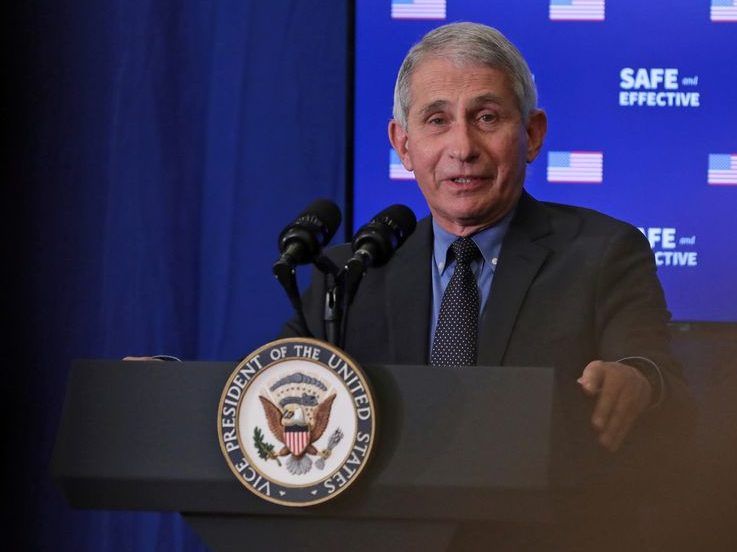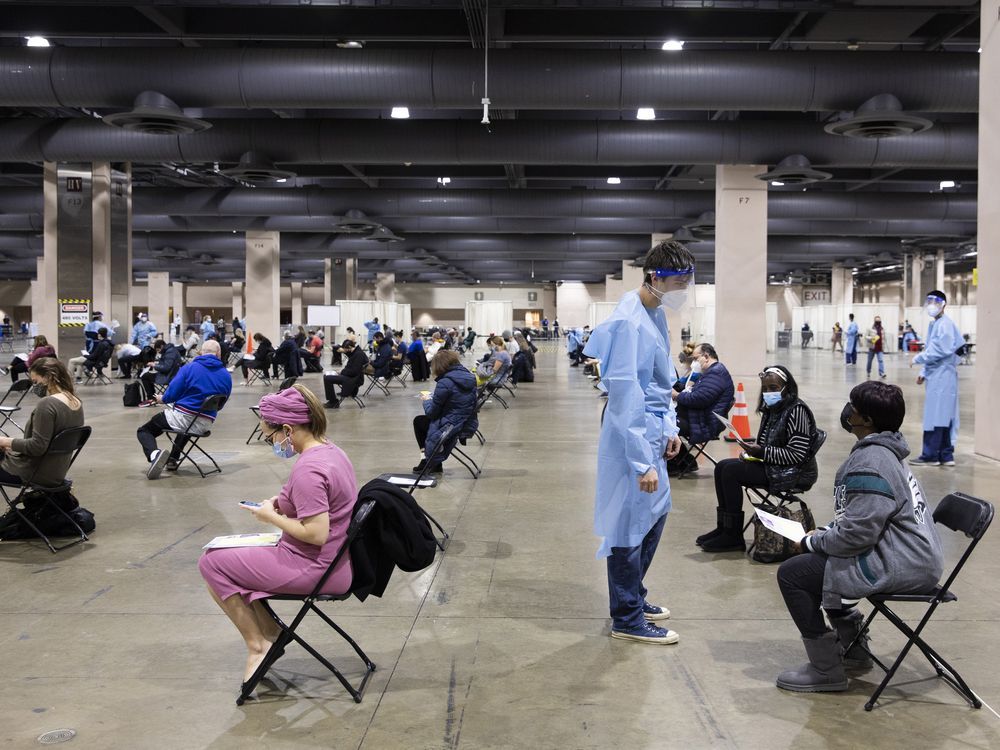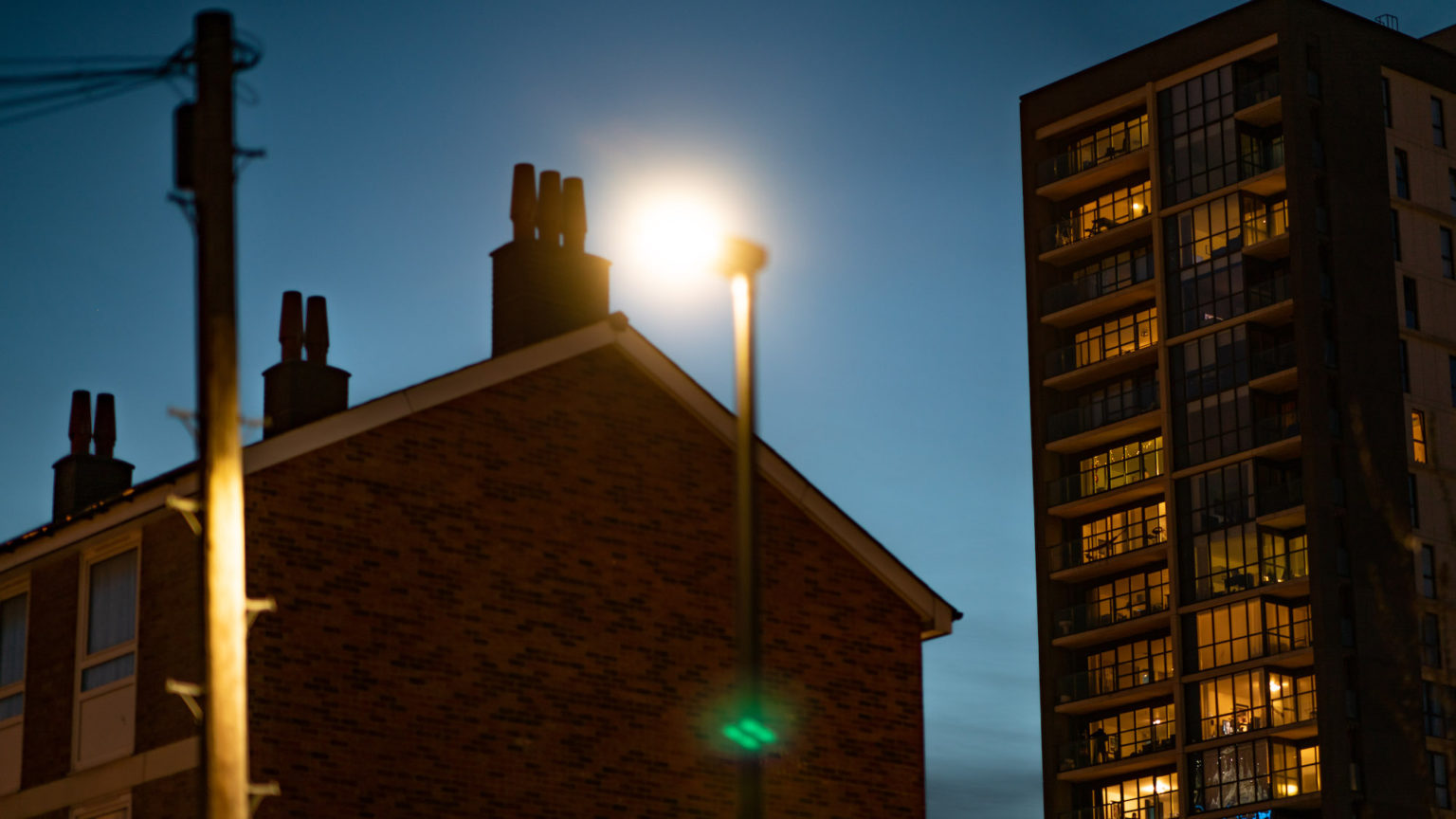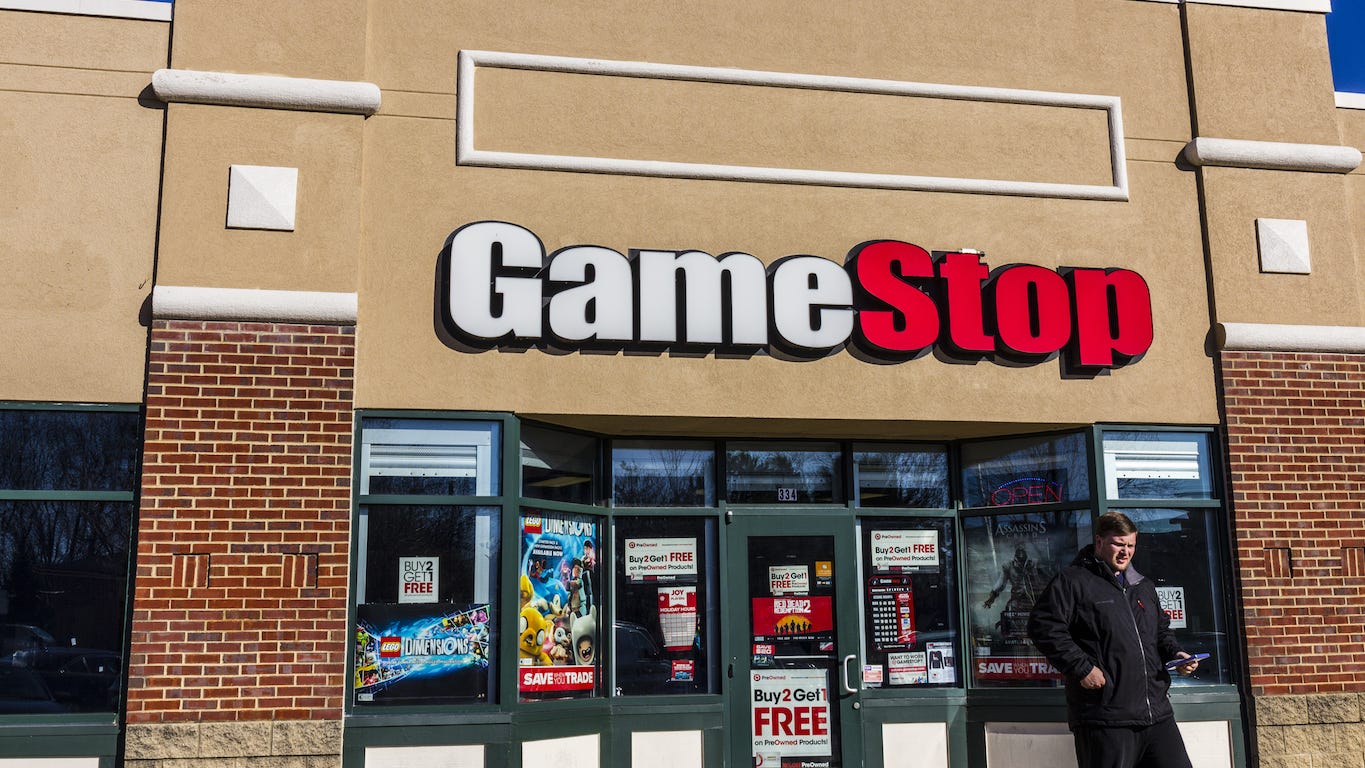
Fauci makes most money of all federal employees
Doc, 80, made $417,608 in 2019, according to Forbes.


According to the WHO they should get retested and only after it gets recalibrated to the proper test cycling
Canadian military dealing with surge in new COVID-19 infections
OTTAWA — The Canadian Armed Forces is grappling with a surge in the number of troops who have been infected with COVID-19 over the past month, even as a growing num…torontosun.com







Tanzania leader says 'God will protect' his people from COVID-19
DAR ES SALAAM — President John Magufuli said on Wednesday that Tanzania did not need a coronavirus lockdown because God would protect his people and homespun precau…torontosun.com



All the people on here supporting lockdowns are middle class well off lefties who aren't affected detrimentally by the lockdowns. Unlike me, they haven't been made furloughed for an unknown period of time - possibly a few months - languishing at home everyday surviving off 80% wages paid for by the Government. They don't have children that aren't receiving education and are themselves having to stay off work to look after their children who aren't on school. They don't have family and friends they aren't able to see. So it doesn't affect them and they don't understand what millions of other people are suffering through....and yet there are people still supporting this royalist corporate communist GLOBAL nazi 2030 slaughter of good people's lives by BANKERS.

Yeah, while they fly around on vacations and have parties, play hockey, allow antifa and BLM demonstrations, and probably are betting against shutdown corporations on the stock market too. too.All the people on here supporting lockdowns are middle class well off lefties who aren't affected detrimentally by the lockdowns. Unlike me, they haven't been made furloughed for an unknown period of time - possibly a few months - languishing at home everyday surviving off 80% wages paid for by the Government. They don't have children that aren't receiving education and are themselves having to stay off work to look after their children who aren't on school. They don't have family and friends they aren't able to see. So it doesn't affect them and they don't understand what millions of other people are suffering through.


All the people on here supporting lockdowns are middle class well off lefties
who aren't affected detrimentally by the lockdowns.
Unlike me, they haven't been made furloughed for an unknown period of time - possibly a few months - languishing at home everyday surviving off 80% wages paid for by the Government.
They don't have children that aren't receiving education and are themselves having to stay off work to look after their children who aren't on school.
They don't have family and friends they aren't able to see.
So it doesn't affect them and they don't understand what millions of other people are suffering through.